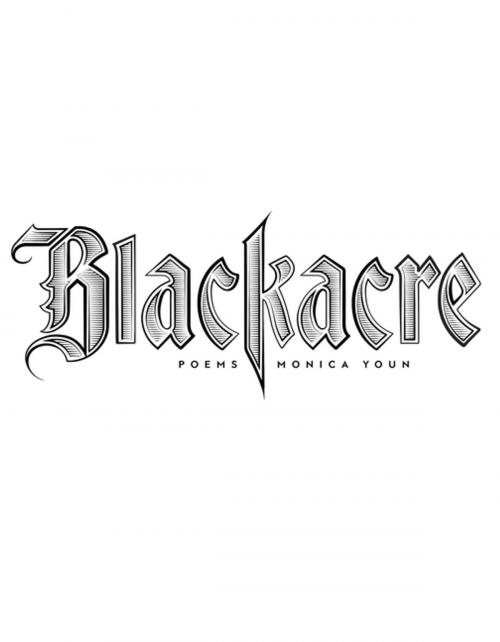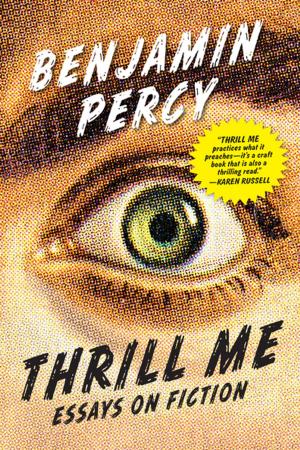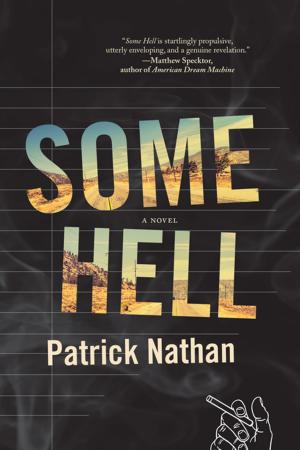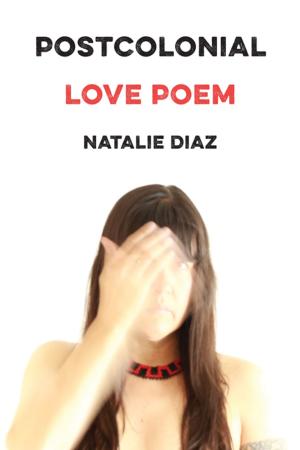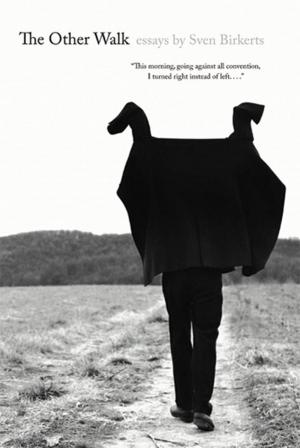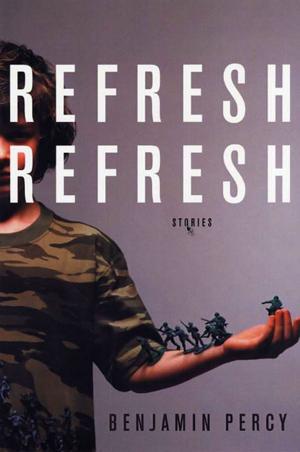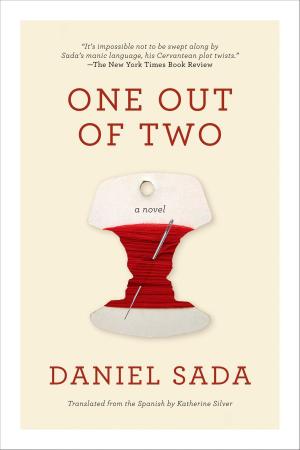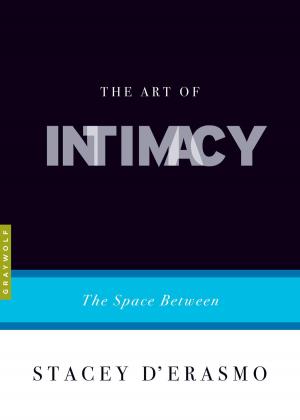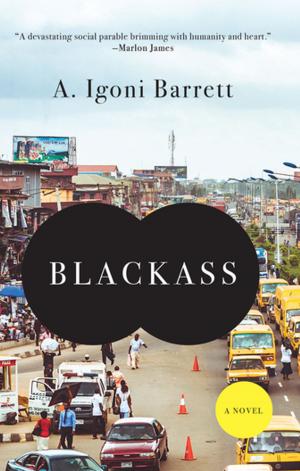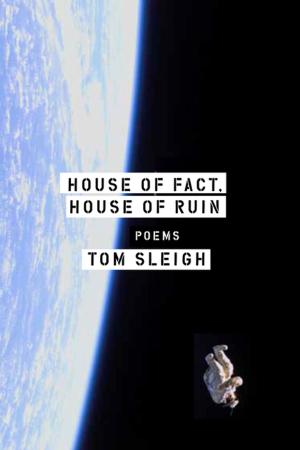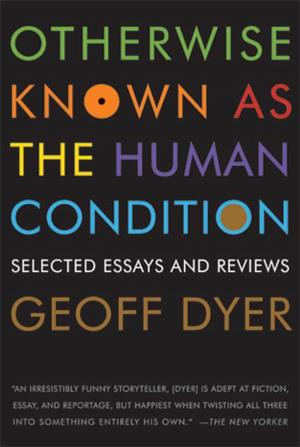| Author: | Monica Youn | ISBN: | 9781555979461 |
| Publisher: | Graywolf Press | Publication: | September 6, 2016 |
| Imprint: | Graywolf Press | Language: | English |
| Author: | Monica Youn |
| ISBN: | 9781555979461 |
| Publisher: | Graywolf Press |
| Publication: | September 6, 2016 |
| Imprint: | Graywolf Press |
| Language: | English |
*Winner of the William Carlos Williams Award*
*National Book Critics Circle Award Finalist*
*Included in The New York Times Best Poetry of 2016*
*Named one of The Washington Post's Best Poetry Collections of 2016*
* Longlisted for the National Book Award*
“Blackacre” is a centuries-old legal fiction—a placeholder name for a hypothetical estate. Treacherously lush or alluringly bleak, these poems reframe their subjects as landscape, as legacy—a bereavement, an intimacy, a racial identity, a pubescence, a culpability, a diagnosis. With a surveyor’s keenest tools, Youn marks the boundaries of the given, what we have been allotted: acreage that has been ruthlessly fenced, previously tenanted, ploughed and harvested, enriched and depleted. In the title sequence, the poet gleans a second crop from the field of Milton’s great sonnet on his blindness: a lyric meditation on her barrenness, on her own desire—her own struggle—to conceive a child. What happens when the transformative imagination comes up against the limits of unalterable fact?
*Winner of the William Carlos Williams Award*
*National Book Critics Circle Award Finalist*
*Included in The New York Times Best Poetry of 2016*
*Named one of The Washington Post's Best Poetry Collections of 2016*
* Longlisted for the National Book Award*
“Blackacre” is a centuries-old legal fiction—a placeholder name for a hypothetical estate. Treacherously lush or alluringly bleak, these poems reframe their subjects as landscape, as legacy—a bereavement, an intimacy, a racial identity, a pubescence, a culpability, a diagnosis. With a surveyor’s keenest tools, Youn marks the boundaries of the given, what we have been allotted: acreage that has been ruthlessly fenced, previously tenanted, ploughed and harvested, enriched and depleted. In the title sequence, the poet gleans a second crop from the field of Milton’s great sonnet on his blindness: a lyric meditation on her barrenness, on her own desire—her own struggle—to conceive a child. What happens when the transformative imagination comes up against the limits of unalterable fact?
